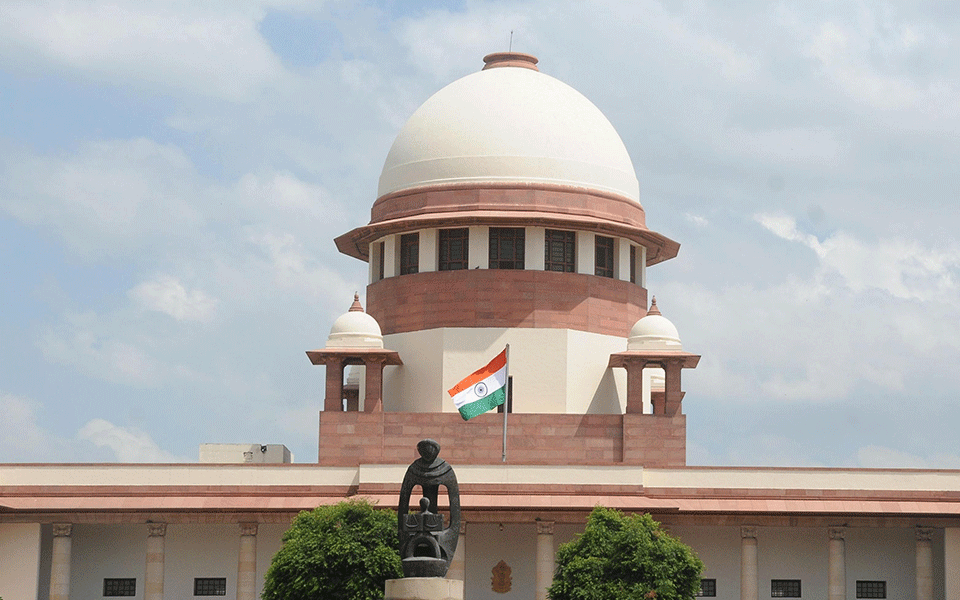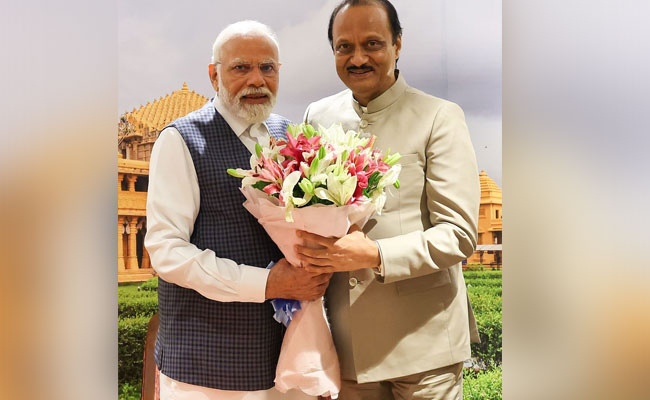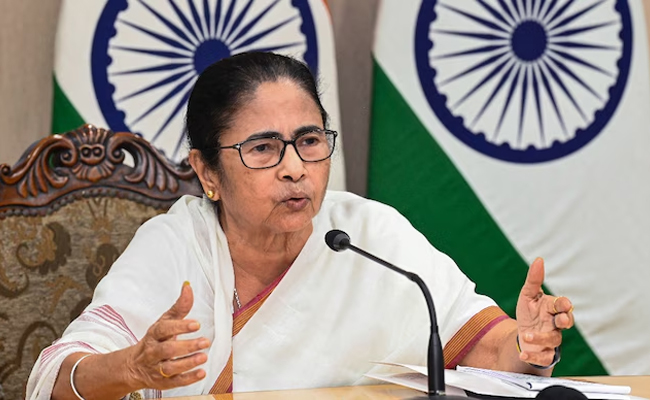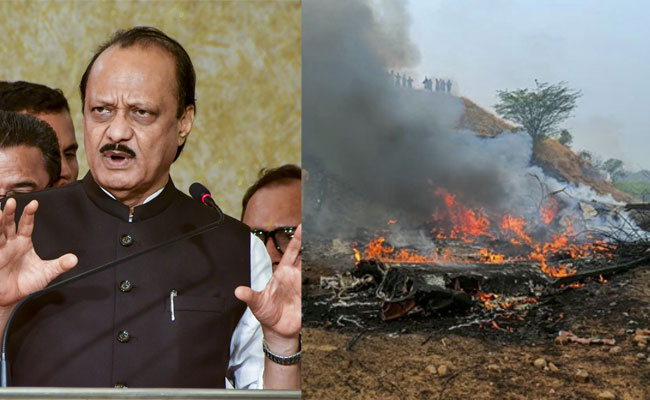The supreme court gave two most significant judgments on Thursday and both of them have been subjected to appreciation debates discussions and criticism in equal measure. Common people neither have the patience nor the knowledge to decipher those judgments.
The courts should have made arrangements to release the gist of those judgments in simple language for the benefit of people, through media channels. Unfortunately our courts made no such arrangements. Hence the speculation about what has been said in the judgement is open for interpretation and misinterpretations as well.
Because, the judges are never available for comment on the judgements they have made. And to check with lawyers becomes a tricky thing since their interpretation of law largely depends on the side of argument they are on. Hence we cannot expect a neutral comment on that from the lawyers.
Some judgments sound like loaded sonnets, while some are heavily laced with metaphors like modern poetry hence creating massive space for interpretation. That way, law is a baby at the hands of those who interpret it and present it as per their preferred mode of nourishing it. If the judgments are PILs, they are publicized in parts by those who report on that, thus ensuring they lead confusions among people. This has been the fate of both judgments that were issued on Thursday.
Some people simplified the adultery law and said SC had said adultery was not a punishable offence any more. Hence, it led to a conclusion that this judgment was ‘immoral’. When compared to the restrictions laid down by religious institutions, our courts have always been a lot more liberal than them on many issues.
Except for one or two aspects, our courts have already been very liberal about the morality premise in our society. Living in relationship which is not bound by marriage is not a punishable offence in our nation. Hence, to think that adultery was a punishable offence, is a far-fetched reality. The adultery as per existing social interpretation is different from the interpretation of the courts on the same topic.
As per IPC, which has a history of 158 years, as per section 497, a man can engage in sexual acts with the wife of another person with the permission of latter. The court now set on course correction of only that part of law that was laden with discrepancies. This act is punishable only if the husband of the woman is/or says he is unaware of another man being sexually involved with his wife.
Hence, the engaging man attracts punishment. The woman is still scot free even if she initiated this act. If her husband ends his life over sexually immoral act of his wife, she can be held responsible (and penalized suitably) for abetting suicide. Or, if the woman’s sexual disloyalty can be proved, it can be a ground for divorce. This is a very serious lacunae of the legal framework.
If the court wanted to reduce instances of adultery, it could have done two things. This law should have been gender neutral where both man and woman could be penalized. And if the sexually immoral act could be considered a ground for punishment, it should have held even the ‘allowing’ husband as an equal culprit.
But the intention of appellants of amendment of Sec 497 was not to reduce adultery, but to free the woman from being the property of the man who ‘owns’ her as the earlier law made it sound. A choice, whether sexual or that of adultery, should not be decided by the woman’s husband but to ensure she has a say in her choice. Women’s liberty has reached a different level through this.
The earlier judgment that was laden with discrepancies in terms of making the woman the property of her husband, the court has kept adultery out of the ‘punishable offence’ purview. This whole procedure that places man and woman on the same level and space in terms of sexual freedom has many unresolved issues.
Through this, sexual act turns into a mere physical function than something that has moral, societal and familial impact at a higher level. This also nullifies the security, benefits and position of a woman (and her children) who lives within the framework of a marriage. Hence the small benefit of this law can cause bigger impact (negatively so in some cases).
All the adultery cases or cases of different sexual preferences are being turned into legal since the last few days. Earlier IPC Section 377 was decriminalised, stating engaging in sex with people of same gender was not a punishable offence. In other words, court said gay sex is not punishable. These developments happen with personal space and liberty come to occupy the most important position in a society over everything else.
Another judgement made on Thursday was misinterpreted again with poor information to back it up. This was about muslims being compelled to offer prayers in masjid/dargah and that the supreme court has struck this down stating one does not need a structure to pray. Common people were communicated that muslims can offer prayer anywhere and they don’t need masjids or dargahs for that, and court has quoted Qur-an to uphold its judgment. This pushed masjid supporters into deep despair while those on the opposite side celebrated and welcomed the judgement.
In reality, SC had not passed any new judgment regarding this and it wasn’t even expected of the court to do so. For instance, a long pending case of Ram Janmabhoomi case has been pending in the court since long and the time to end the arguments on that is close enough.
About 24 years ago, the SC had said in 1994 that as per the religious tenets, a masjid was not mandatory for muslims to pray and if needed, the government could take over the masjid land. This ruling would be unwelcome by anyone who has any basic understanding of Islam. Because, as per Islam, namaz and prayers at regular intervals, and discourses along with two main festivals have to be done in masjid. Religious texts have been very particular on this.
Only the objectionable part that was said 24 years ago, was taken up for discussion in the Supreme Court since the appellants had requested the court to hand this over to a bench for a revisit of the case. But some have been projecting this as some new ruling, which is not the case.
Dissenting judge S. Abdul Nazeer who was part of the three judge committee, said this has to be handed over to a bench of experts who can engage in research and studying of texts before arriving at a conclusion. In the view of majority, this ruling has been defeated. But the pro-masjid parties need not lose heart with this. Judgements differ based on the preferences of judges and their inclinations. Sometimes the SC has stood to correct its own rulings in the course of time. Hence, instead of losing heart, it is better to look for legal recourse and options in view of this judgment.
Let the Truth be known. If you read VB and like VB, please be a VB Supporter and Help us deliver the Truth to one and all.
New Delhi (PTI): Prime Minister Narendra Modi on Wednesday said the death of Maharasthra deputy chief minister Ajit Pawar in a plane crash was untimely and very shocking.
In a post on X, Modi said Ajit Pawar was a leader of the people with a strong grassroots level connect.
Pawar, 66, and four other persons were killed after an aircraft carrying them crashed near his hometown Baramati in Pune district on Wednesday morning, officials said.
"Shri Ajit Pawar Ji was a leader of the people, having a strong grassroots level connect. He was widely respected as a hardworking personality at the forefront of serving the people of Maharashtra.
"His understanding of administrative matters and passion for empowering the poor and downtrodden were also noteworthy. His untimely demise is very shocking and saddening. Condolences to his family and countless admirers. Om Shanti," Modi said.





